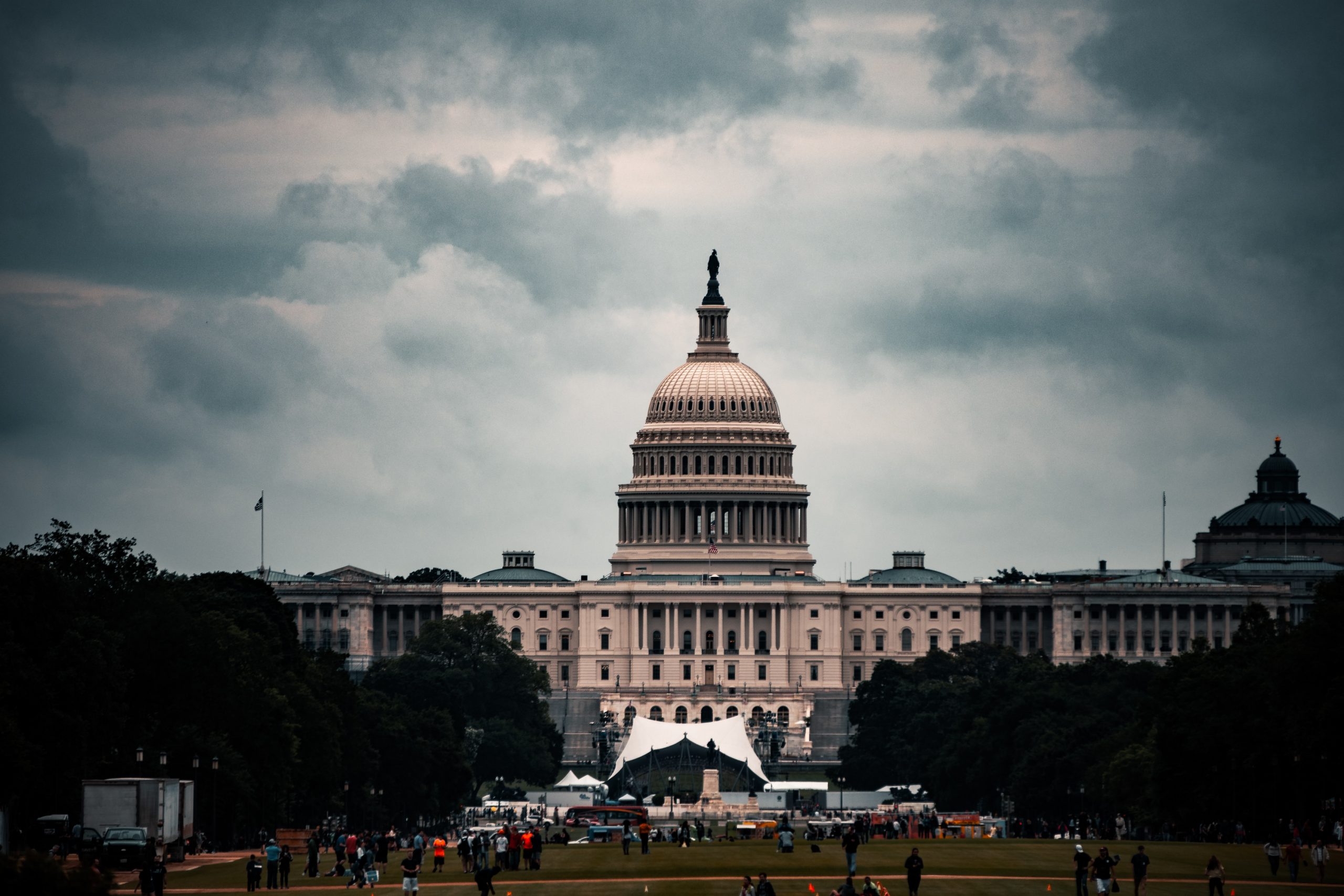We kick off the start of a brand new week, with exciting news for nationals of Cameroon. As you may recall, on April 15, 2022, Secretary Alejandro Mayorkas first announced the designation of Cameroon for Temporary Protected Status (TPS) for a period of 18 months. Today June 6, 2022, DHS published the Federal Register notice providing further information on how individuals can register for TPS under Cameroon’s designation beginning Tuesday June 7, 2022 until December 7, 2023.
What is Temporary Protected Status?
Temporary Protected Status (TPS) is a statutorily authorized program established by the United States Congress in 1990. The program allows migrants whose home countries are considered unsafe, the right to live and work in the United States for a temporary, but extendable, period of time. Though they are not considered lawful permanent residents (green card holders) or U.S. citizens, they are authorized to live in the United States without fear of deportation under temporary protected status. Applicants may also apply for employment authorization by filing Form I-765 Application for Employment Authorization with USCIS along with their application for TPS.
A country may be designated for TPS when conditions in the country fall into one or more of the three statutory bases for designation: ongoing armed conflict, environmental disasters, or extraordinary and temporary conditions.
Cameroon’s recent designation is based on both ongoing armed conflict and extraordinary and temporary conditions in Cameroon that prevent its nationals, from returning safely.
Who can apply?
Individuals eligible for TPS under this designation must have continuously resided in the United States since April 14, 2022 and demonstrate continuous physical presence in the United States since June 7, 2022.
Eligible applicants must be nationals of Cameroon or a person without nationality who last habitually resided in Cameroon.
Any nationals of Cameroon who attempt to travel to the United States after April 14, 2022, will not be eligible for Temporary Protected Status.
 Visa Lawyer Blog
Visa Lawyer Blog











